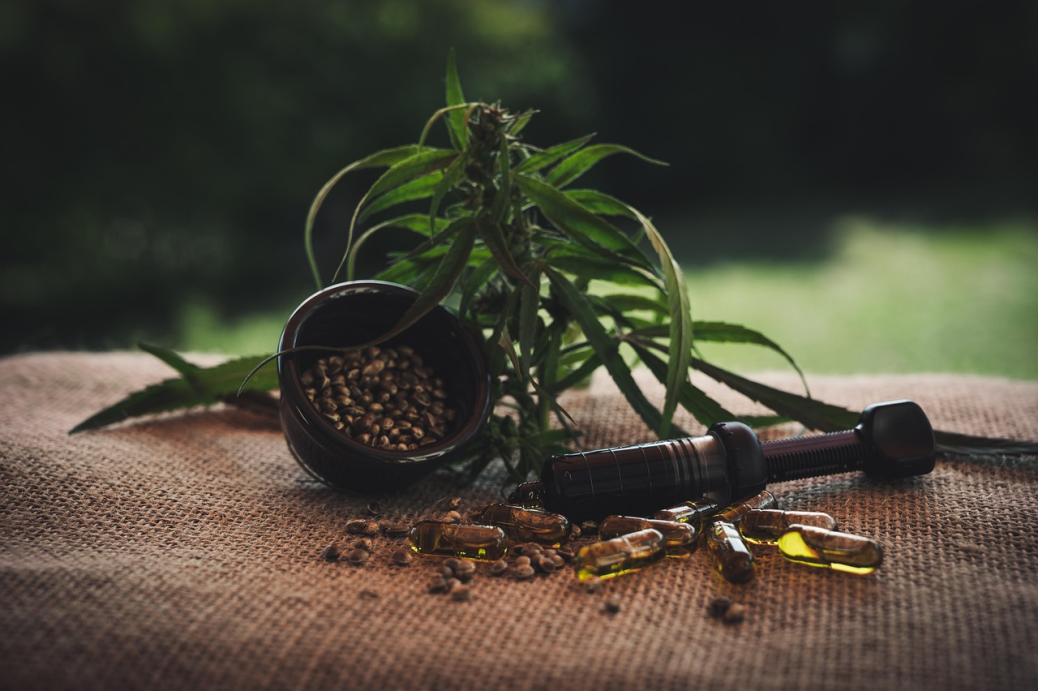CBD has quickly become one of the most popular natural remedies in recent years, and its legal status in Canada has been evolving since cannabis was legalized for recreational use in 2018. CBD is derived from the hemp plant, and its non-psychoactive nature makes it attractive for those seeking relief from conditions like anxiety, pain, and insomnia without the “high” that comes from its THC counterpart.
As the demand for such products continues to grow, Canada’s regulatory framework is also adapting to ensure public safety while promoting innovation within the industry. Understanding the current and upcoming regulatory changes surrounding the field is essential for consumers, businesses, and health professionals alike.
The Status of CBD in Canada
When cannabis was legalized for recreational use in 2018, CBD was included in the same regulatory framework as THC. While THC is the psychoactive component of cannabis, CBD is non-intoxicating, which leads many to consider it a safer alternative. However, both substances are regulated by Health Canada under the Cannabis Act, which requires strict controls for the sale, packaging, and marketing of cannabis-derived products.
Under the current system, CBD is classified as a cannabis product, which means it must adhere to the same laws and regulations as THC products. This includes restrictions on who can produce and sell such products, as well as the required testing for quality and safety. While this legal status ensures that they are controlled and monitored for safety, it has also led to challenges in the market, particularly around product availability, prices, and public access.
Recent Regulatory Changes
Currently, CBD products must be sold in licensed retail stores and cannot be sold over-the-counter like other health supplements. Health Canada has been exploring ways to create a new regulatory pathway that would allow certain products to be sold without a prescription.
This shift is driven by growing consumer demand and the increasing recognition of CBD’s potential therapeutic benefits. Health Canada has started considering allowing it to be sold alongside natural health products such as vitamins or herbal supplements, though this would come with some significant caveats.
The Potential Impact
If CBD were to be classified as a natural health product, it would likely become significantly more accessible to consumers. People would be able to purchase such products from regular health stores, pharmacies, and even online retailers without needing to visit specialized cannabis dispensaries. This change would likely make these products more convenient to obtain and allow for broader consumer participation in the market.
Additionally, this shift could lower the cost of CBD products. With simpler regulatory requirements, businesses would have fewer obstacles to producing and selling them. As a result, we could see more affordable options available for consumers, which would make CBD more accessible to a larger demographic.
Concerns About Reduced Oversight
Currently, the cannabis industry in Canada invests heavily in ensuring that CBD products meet high standards of quality and safety, including third-party testing and strict packaging guidelines. However, if they are reclassified under the natural health product category, the required level of oversight could decrease and potentially compromise product safety.
This raises the question of how effectively Health Canada will be able to enforce safety standards and ensure that these products remain safe for consumption. Consumers may face an increased risk of encountering subpar products without the same level of scrutiny that exists under the current cannabis regulations.
The Impact on Businesses
Companies that produce CBD products might find themselves entering a more competitive market. This could foster innovation and lead to the development of new, exciting products aimed at satisfying growing consumer demand. Lower regulatory burdens might also make it easier for smaller companies to enter the market, which can drive further innovation and product diversity.
Health Canada’s Safety Protocols for CBD Products
CBD products in Canada must undergo stringent testing to ensure they do not contain harmful substances or exceed the allowed THC limits. The Cannabis Act already mandates that all cannabis products must be tested for purity and potency before they can be sold.
If CBD is reclassified as a natural health product, the level of scrutiny may decrease. However, Health Canada has stated that it will continue to monitor the quality of CBD products, especially when it comes to ensuring they meet the standards for safety and efficacy. Additionally, manufacturers would be required to provide detailed information about the product’s ingredients, production methods, and any potential side effects.
CBD as a Therapeutic Product
As more research is conducted into the potential health benefits of CBD, including its ability to manage pain, reduce anxiety, and even support skin health, the demand for high-quality products is rising. Health Canada’s decision to explore CBD’s role as a natural health product reflects its growing recognition as a potential treatment for a variety of health issues.
However, its therapeutic potential is still under investigation. While some studies have shown promising results, others caution that more clinical trials are needed to fully understand its benefits and risks. Consumers need to be aware that while it may help with certain conditions, it is not a cure-all.
The Future of CBD in Canada
The potential reclassification of CBD as a natural health product could make it more accessible and affordable for consumers. However, these changes also come with the responsibility to maintain high standards of safety and quality.
The Canadian government is committed to ensuring that any new regulations put in place will balance accessibility with public health. The goal is to allow Canadians to benefit from CBD’s potential therapeutic effects while minimizing the risks associated with unregulated or low-quality products.
Understanding how the regulations are shifting is crucial for consumers and businesses. With more people exploring different cannabis products, including CBD and indica flowers, it’s important to stay informed about the changing landscape. Just as other business fields have evolved in response to shifting cultural trends, the cannabis industry must adapt to new legal and market realities.
